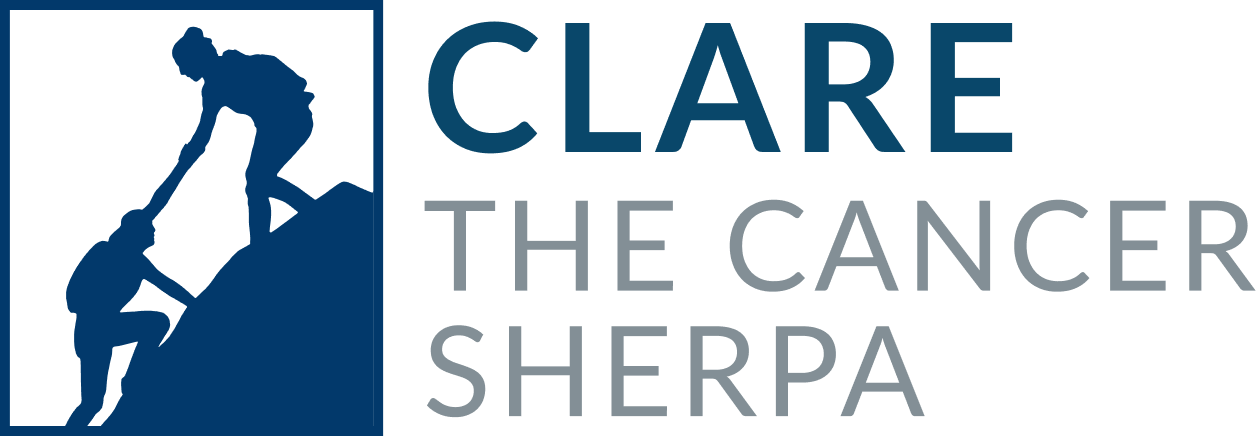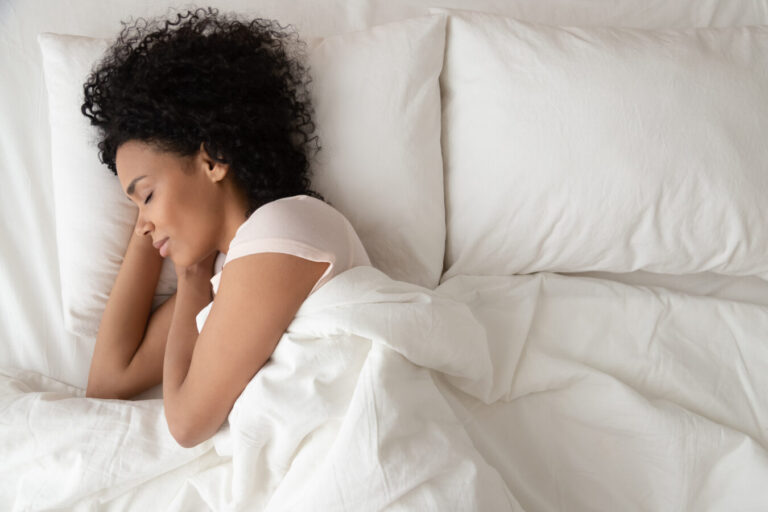March is Sleep Awareness Month, but for anyone that has trouble sleeping, we hardly need a pseudo-holiday to remind us. Consider this: The National Sleep Foundation’s 2020 Sleep in America poll discovered that Americans feel sleepy on an average of three days a week – with participants reporting that lack of sleep impacts their mood, mental acuity, and productivity.
We’ve all seen the memes: the ones where adults lament having fought mandatory nap times as kids. Today, many of us would gladly go to bed for an hour or two midday. Unfortunately, America does not have a siesta sleep culture, so we have to get the most rest and recharging done during the night. Yet no matter how drained we feel, it can still be challenging to drift off to dreamland.
So, how do we catch those evasive Zs, and what happens to us when we don’t? Read on for the reasons why we think rest is so important, plus a few ideas for getting your sleep health in check.
Why it’s important to prioritize healthy sleep
According to The Sleep Foundation, roughly one-third of American adults suffer from sleep deprivation. At the very least, eighty-five million of us are not getting the sleep we need to function and feel well throughout our day. While there are varying levels of sleep deprivation, ultimately, insufficient sleep can wreak havoc on just about every area of our lives. Aside from having less energy, slowed thinking, and a shoddy attention span, not sleeping enough can have harmful effects ranging from cardiovascular disease and obesity to immunodeficiency and mental health disorders.
Start an evening routine that works for you
Everyone unwinds differently. For some, a nice bath does the trick. For others, binging something on Netflix turns their minds off and helps them let go of the day’s stress. Is TV right before bed recommended? No. Are we still in a pandemic with global crises unfolding simultaneously? Yes. Now is the time to embrace what works for you personally. That means creating a healthy nighttime routine that you can revert back to when you need it. There may still be nights that you lie in bed doing a New York Times crossword or give in to watching *one* more episode of that crime drama but try creating a healthy routine that feels as natural as brushing your teeth before bed. The CDC provides some good sleep practices here, including keeping a consistent bedtime and avoiding caffeine and alcohol before bedtime.
Keep a toolbox of tricks for calming your mind
Every day is different, and you might need to switch up your evening routine based on your day. Some nights, a great meditation app like Calm will help you power-down and lull you with their celebrity-spoken sleep stories. Reading is another excellent way to tame a busy mind; just make sure that if you read on a device, it isn’t backlit. Another nice way to wrap up the day is to write in a gratitude journal: this can be a simple five-minute practice, where you just jot down three things – you guessed it – you’re grateful for. This ritual brings a sense of peace and closure to your day.
Disconnect from your devices
Experts can’t emphasize enough how detrimental it is to have technology in the bedroom. Set up a charging station in your bathroom, closet, hallway, or living room so you’re not tempted to roll over and start scrolling when you can’t fall asleep. If your mind goes into overdrive the second your head hits the pillow, keep a pen and paper by your bed so you can write down to-dos or ideas instead of typing them into your phone. If you do keep your device in your bedroom, utilize the ‘Do Not Disturb’ function to minimize disruptions. And if you prefer to watch TV before bed, make sure to set a sleep timer before you lie down.
Here’s an easy way to start: participate in the National Day of Unplugging from March 4-5. You’ll see that 24 hours away from your device is a freeing practice and one that could help you rest more easily at night. It’s just one day – we know that you can do it.
Talk to your doctor about your sleep health
We’re all affected by the multiple stressors we encounter daily inside and outside our homes. Together, these stressors significantly affect how and when we sleep. There are also health conditions, such as sleep apnea, that cause disruption when we try to rest. Talk to your doctor and have your sleep evaluated to learn if you need other tools or medications to get a good night’s sleep.
Quality sleep is essential for kids and adults of all ages to maintain overall physical and mental health. Try choosing just one of the above practices and see how it might help you get the rest you need, whether that’s tuning in to an evening meditation or ditching your device. Here’s an idea: Daylight Saving Time starts March 13, so try using that time change to help you get into a new nighttime routine.


